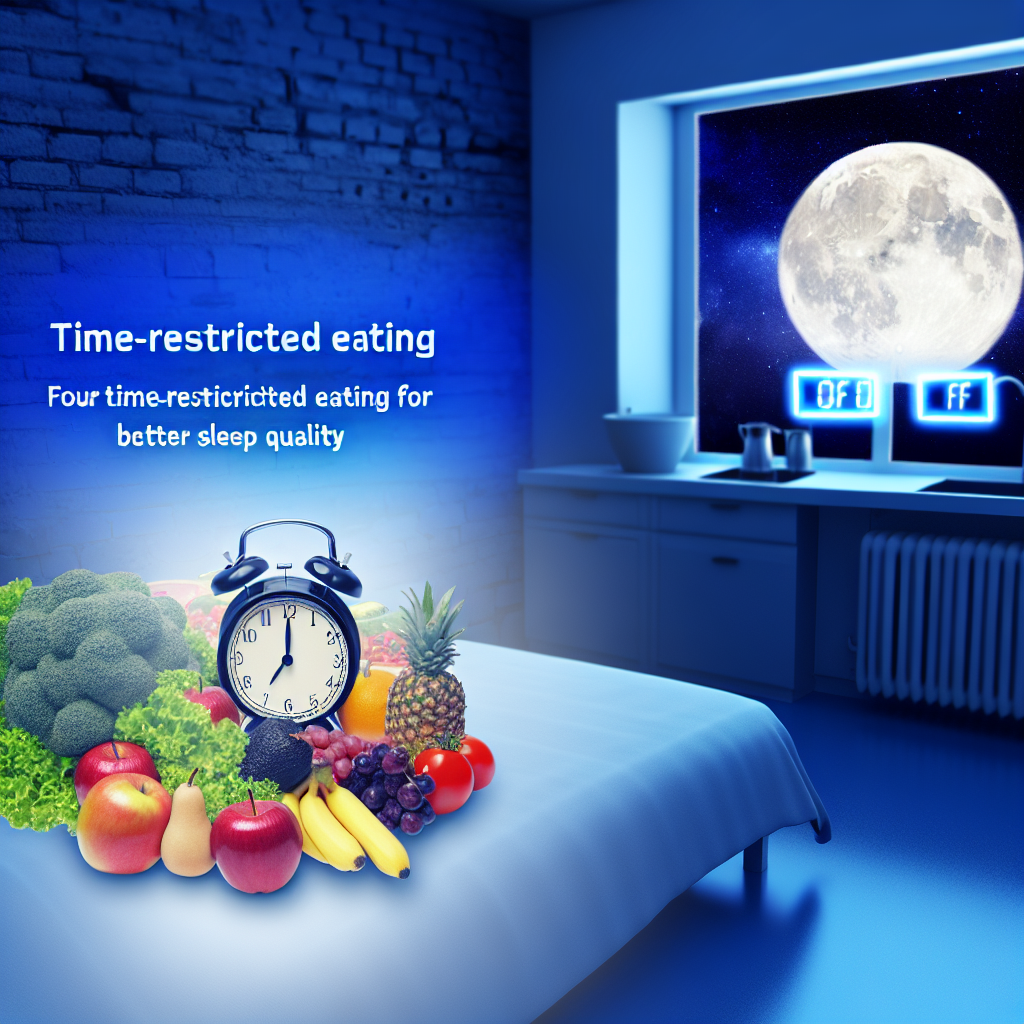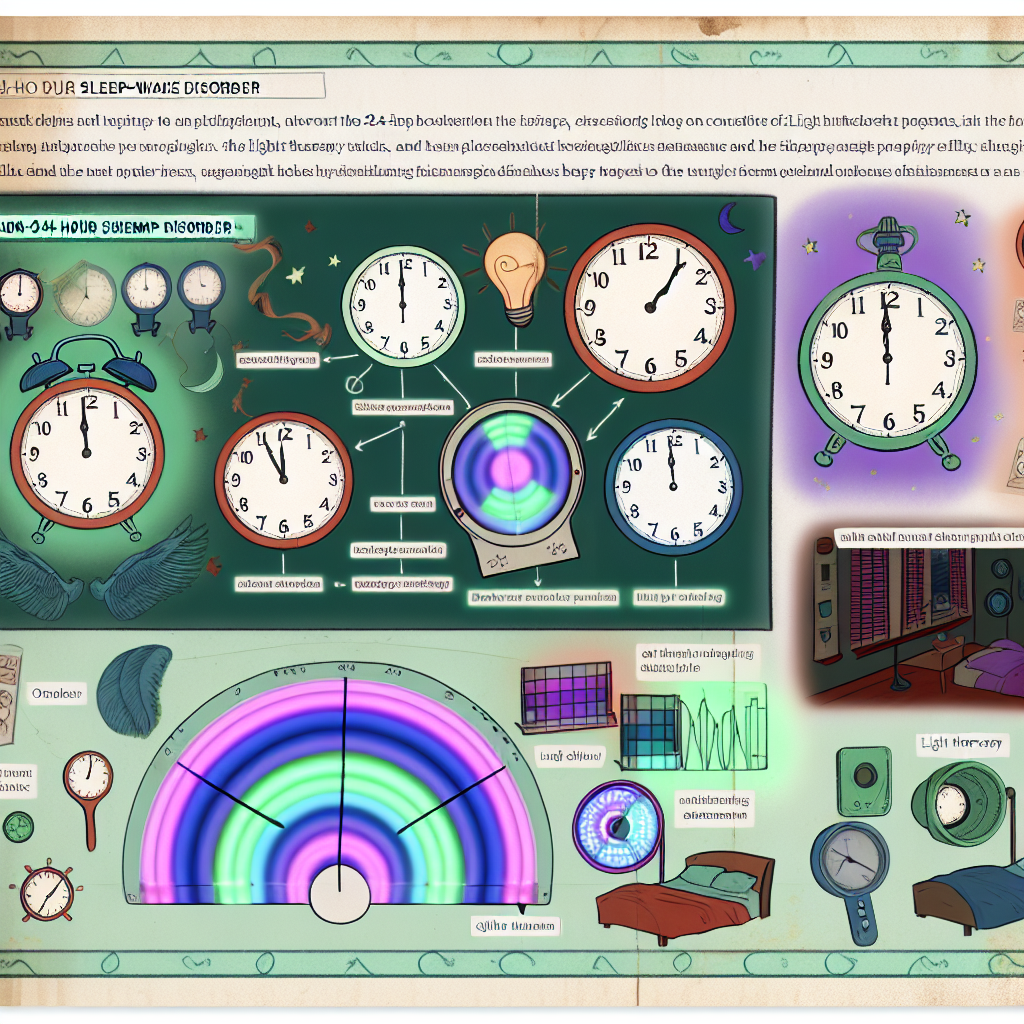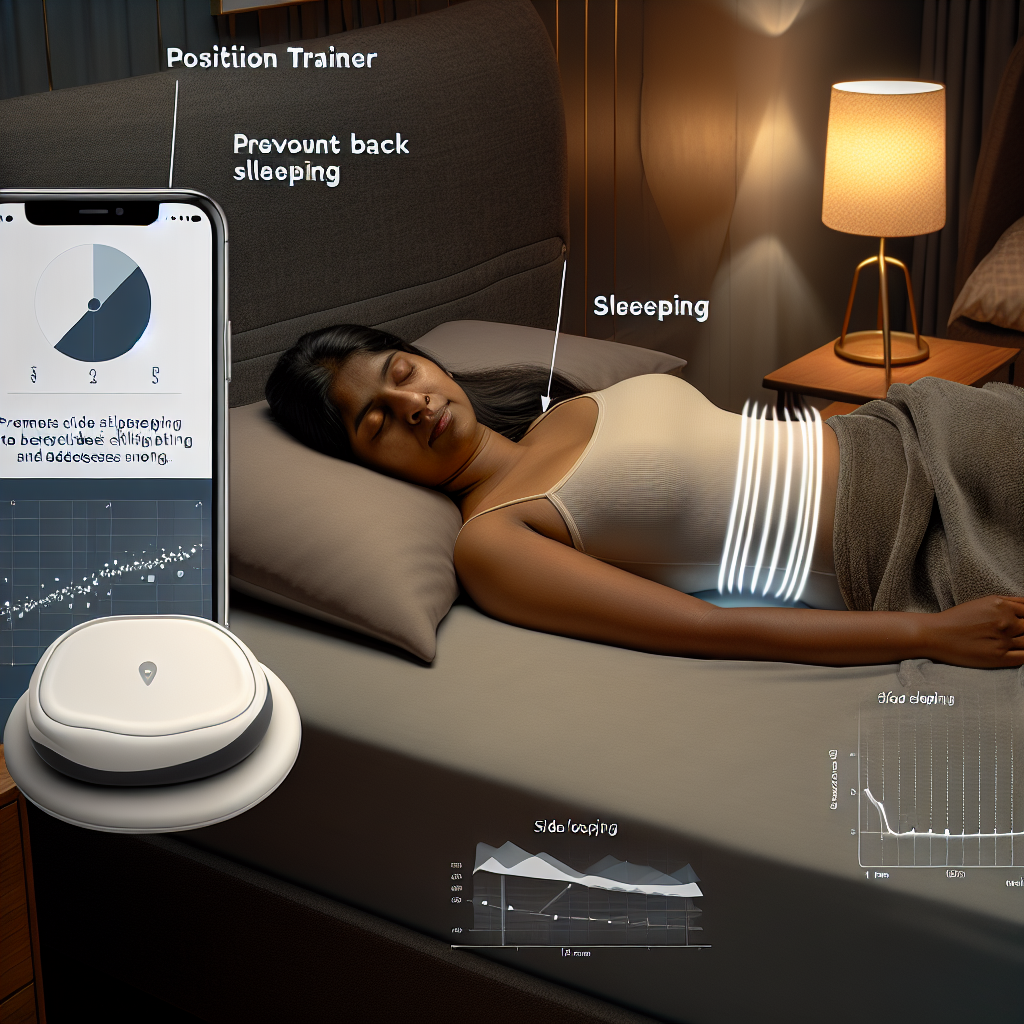Time-Restricted Eating for Better Sleep Quality
Introduction
Sleep and diet are two pillars of overall health, yet many people fail to realize how deeply interconnected they are. One emerging area of research that highlights this connection is time-restricted eating (TRE)—a form of intermittent fasting where individuals consume all their daily food within a specific window of hours, typically ranging from 6 to 12 hours, and then fast for the remaining time.
Time-restricted eating is gaining popularity for its potential benefits in weight management, metabolic health, and improved circadian rhythms. But beyond these well-documented benefits, there is growing evidence that TRE can positively influence sleep quality. Research suggests that aligning food intake with the body’s natural circadian rhythm can optimize sleep patterns, ensuring deeper and more restorative rest.
The Science Behind Time-Restricted Eating and Sleep
Several studies have investigated the effects of time-restricted eating on sleep duration, quality, and efficiency. These studies provide compelling evidence that restricting food intake within a specific timeframe benefits both metabolic and sleep health, making time-restricted eating a valuable tool for those looking to achieve restorative sleep naturally.
Practical Tips to Implement Time-Restricted Eating for Better Sleep
If you’re interested in using TRE to enhance your sleep, consider these practical tips:
✔ Set a Fixed Eating Window – Choose an eating window based on your lifestyle, such as 8 AM to 6 PM or 10 AM to 8 PM, and stick to it consistently.
✔ Avoid Late-Night Eating – Finish your last meal at least 3 to 4 hours before bedtime, allowing your body adequate time for digestion.
✔ Stay Hydrated – Drinking water or herbal teas outside of your eating window can help with digestion and overall hydration.
✔ Prioritize Nutrient-Dense Foods – Focus on whole foods rich in protein, fiber, and healthy fats to maintain satiety within your eating window.
✔ Combine TRE with a Nighttime Routine – Reduce screen time, dim the lights, and establish a consistent bedtime to further support quality sleep.
Conclusion: A Simple Change for a Restful Night
Time-restricted eating is not just a dietary trend; it is a scientifically backed approach that aligns eating habits with the body’s natural circadian rhythm, improving metabolism, hormonal balance, and most importantly—sleep quality. By paying attention not only to what we eat but also when we eat, we may unlock better nights and healthier days, supporting long-term well-being through this simple yet transformative habit.
Summary:
Time-restricted eating (TRE) is a form of intermittent fasting that can improve sleep quality by aligning eating habits with the body’s circadian rhythm. TRE has been shown to regulate hormones, enhance metabolic health, and prevent digestion-related sleep disruptions, leading to better sleep duration, efficiency, and overall restfulness.
References:
[1] [Circadian Rhythms and Sleep Regulation](https://www.ncbi.nlm.nih.gov/pmc/articles/PMC6870499/)
[2] [Meal Timing Affects Circadian Rhythms](https://www.cell.com/current-biology/fulltext/S0960-9822(17)30909-1)
[3] [Time-Restricted Eating and Melatonin Levels](https://pubmed.ncbi.nlm.nih.gov/32352455/)
[4] [Late-Night Eating and Melatonin Suppression](https://academic.oup.com/sleep/article/34/12/1647/2594403)
[5] [Time-Restricted Eating and Cortisol Levels](https://www.ncbi.nlm.nih.gov/pmc/articles/PMC6128888/)
[6] [Time-Restricted Eating and Sleep Efficiency](https://www.cell.com/cell-metabolism/fulltext/S1550-4131(19)30449-9)
[7] [Time-Restricted Eating and Acid Reflux](https://pubmed.ncbi.nlm.nih.gov/25023182/)
[8] [Time-Restricted Eating and Sleep Stages](https://www.ncbi.nlm.nih.gov/pmc/articles/PMC8120605/)

Dominic E. is a passionate filmmaker navigating the exciting intersection of art and science. By day, he delves into the complexities of the human body as a full-time medical writer, meticulously translating intricate medical concepts into accessible and engaging narratives. By night, he explores the boundless realm of cinematic storytelling, crafting narratives that evoke emotion and challenge perspectives.
Film Student and Full-time Medical Writer for ContentVendor.com




